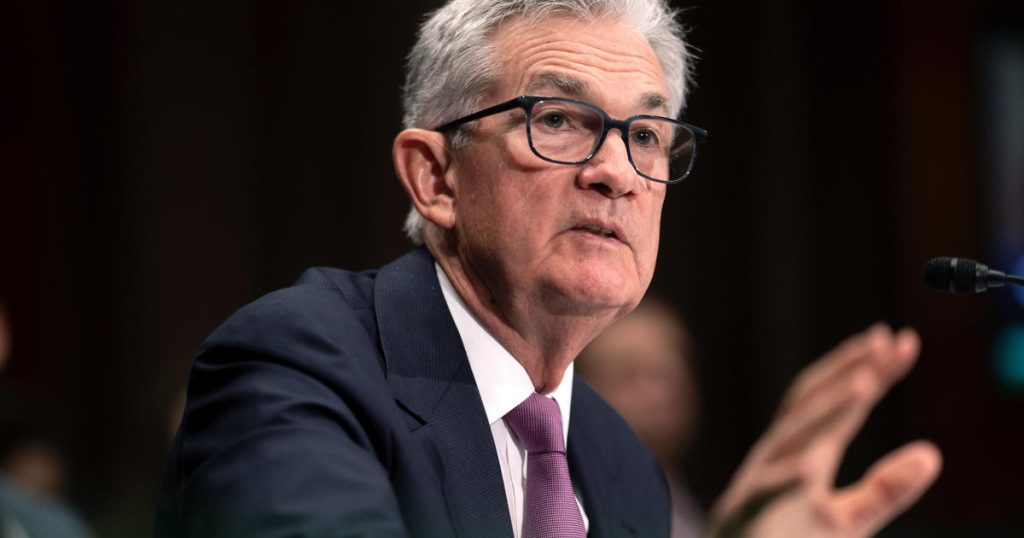Federal Reserve Chair Jerome Powell has stated that he will not step down if President-elect Donald Trump asks him to resign, as it is not permitted under the law for presidents to fire or demote the Fed chair. This comes after Trump has previously criticized Powell’s performance and decision-making during his first presidency and on the campaign trail. Despite Trump’s accusations that Powell is “political,” he has also expressed that he would let Powell serve out his term if he believed he was doing the right thing. Trump has also indicated that he thinks the U.S. president should have more influence on Fed decisions.
Powell was nominated by Trump to lead the Fed in 2017 and was re-nominated by President Joe Biden in November 2021. His term as Fed chair is set to end on May 15, 2026. Powell avoided discussing the November 5 election during a recent press conference and emphasized that the election would not impact the central bank’s rate decisions, as the Fed relies on economic data for its decision-making. Powell also mentioned that it is uncertain what policies or tax changes may come from a potential second Trump presidency, as many of Trump’s proposals, such as tax cuts, would need to be passed by Congress.
In terms of economic policy, Powell emphasized that the Fed does not speculate or assume when it comes to policy changes. The central bank will continue to rely on economic data to inform its decisions, rather than predicting future policy changes. Powell stated that it is unclear what policies or tax changes may arise from a potential second Trump presidency, as specific proposals would need to be passed by Congress before being implemented. He also noted that the timing and substance of any policy changes are uncertain at this time.
As the situation unfolds, Powell’s stance on remaining in his role despite potential pressure from Trump highlights the independence of the Federal Reserve. The Fed’s decisions are based on economic data and analysis, rather than political influence. Powell’s commitment to staying in his position regardless of external pressures reflects the importance of maintaining the Fed’s autonomy in determining monetary policy. This independence is essential for ensuring that economic decisions are made in the best interest of the country, rather than being swayed by political considerations. Powell’s response underscores the importance of the Federal Reserve’s role in maintaining economic stability and independence.


